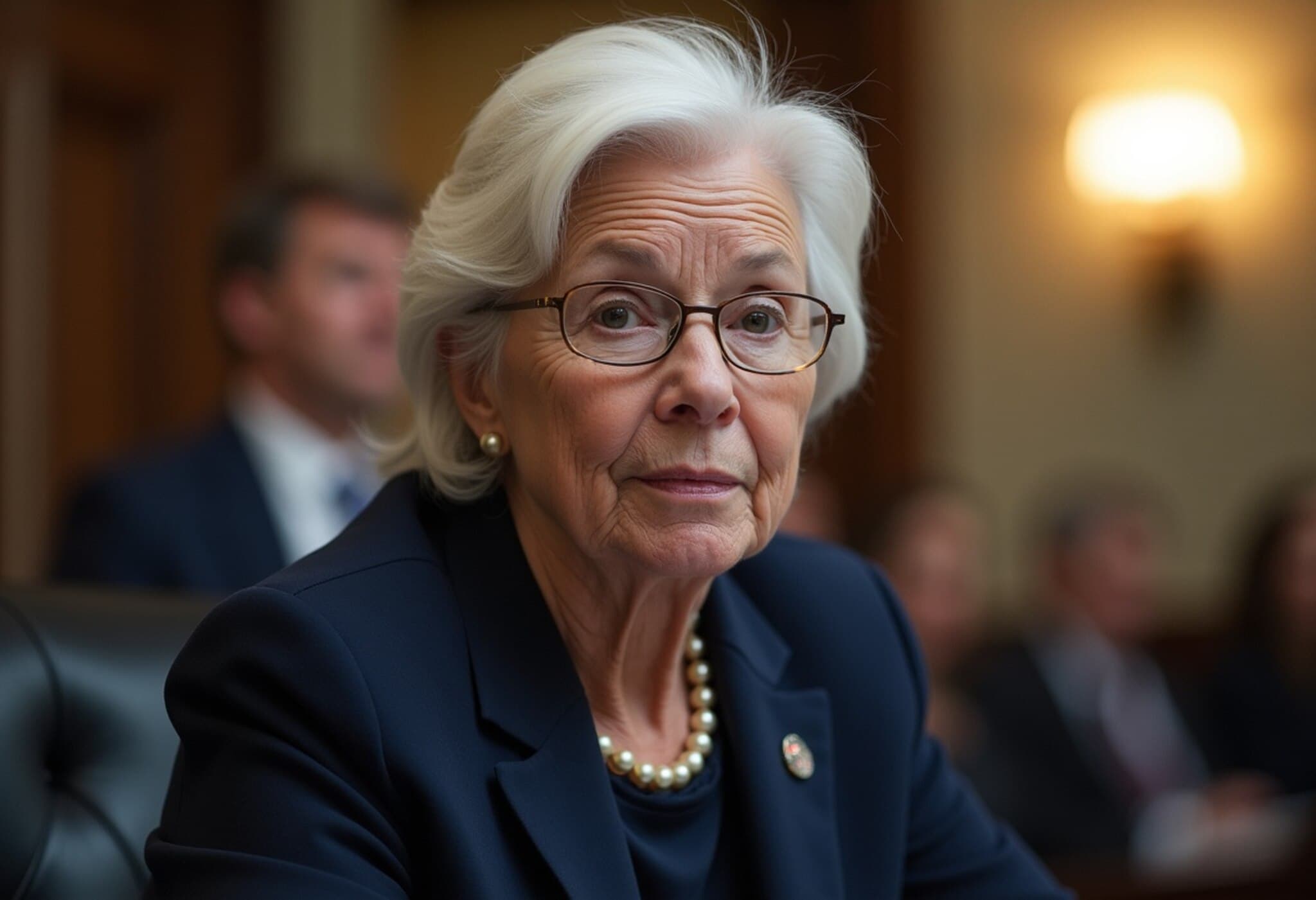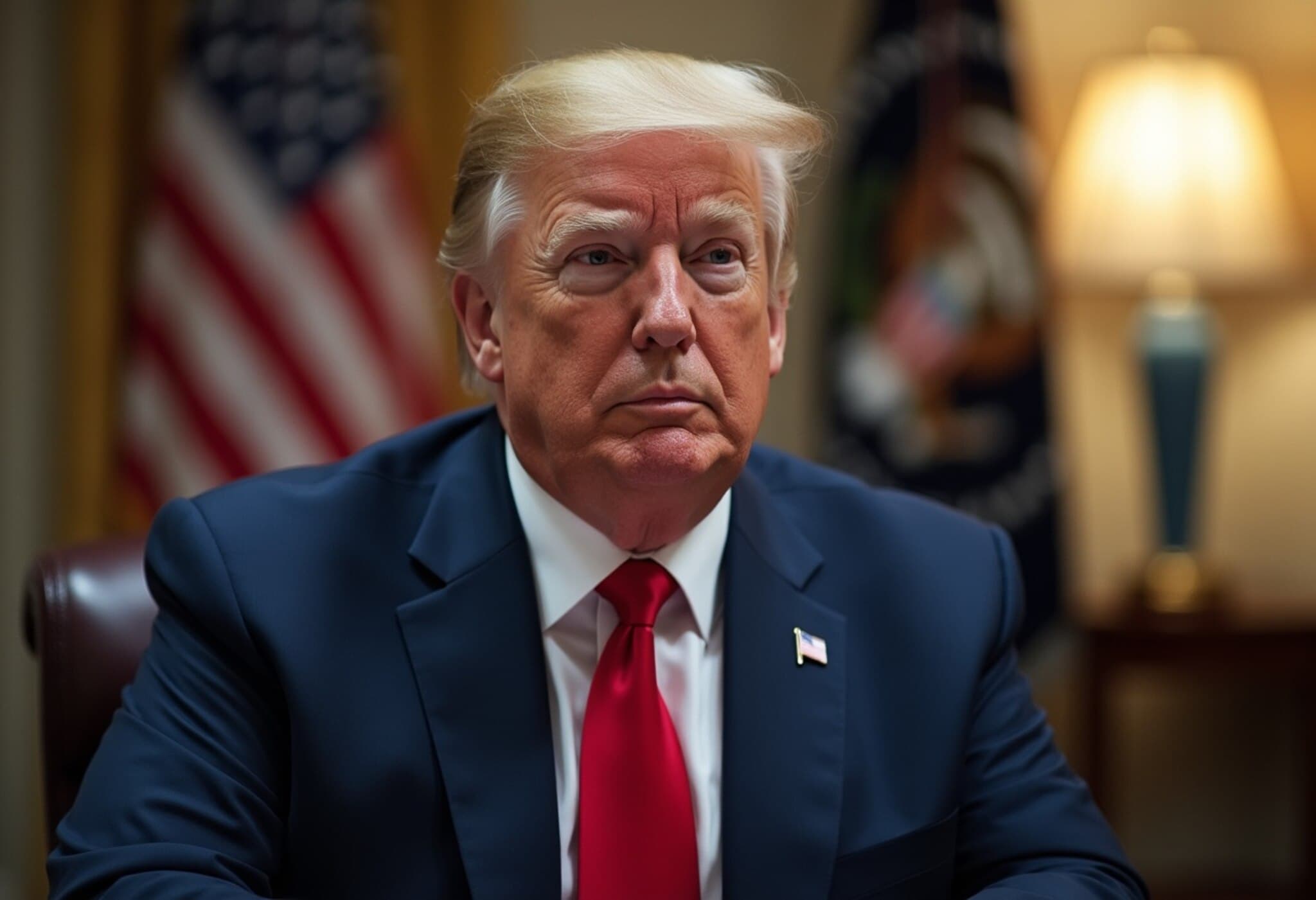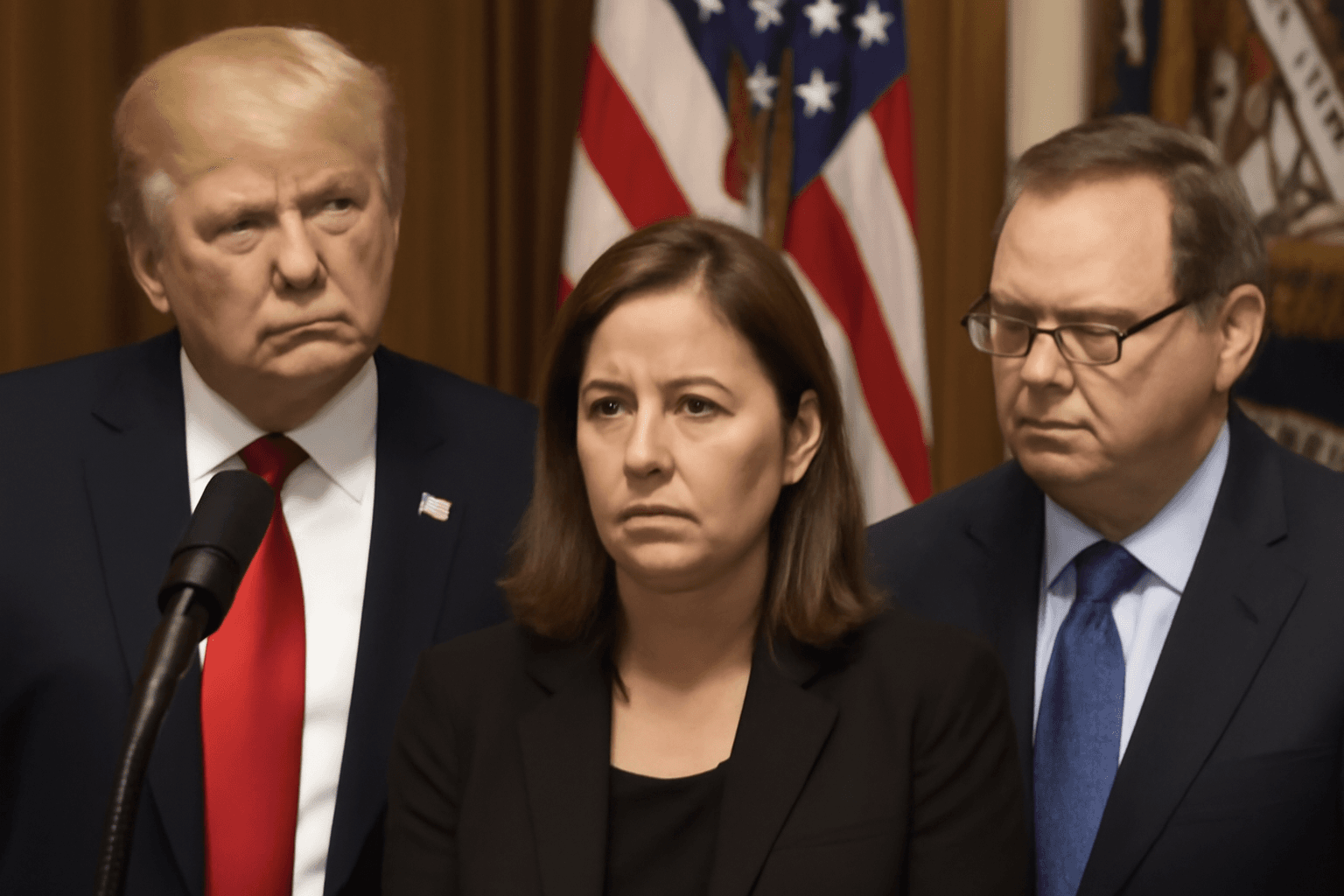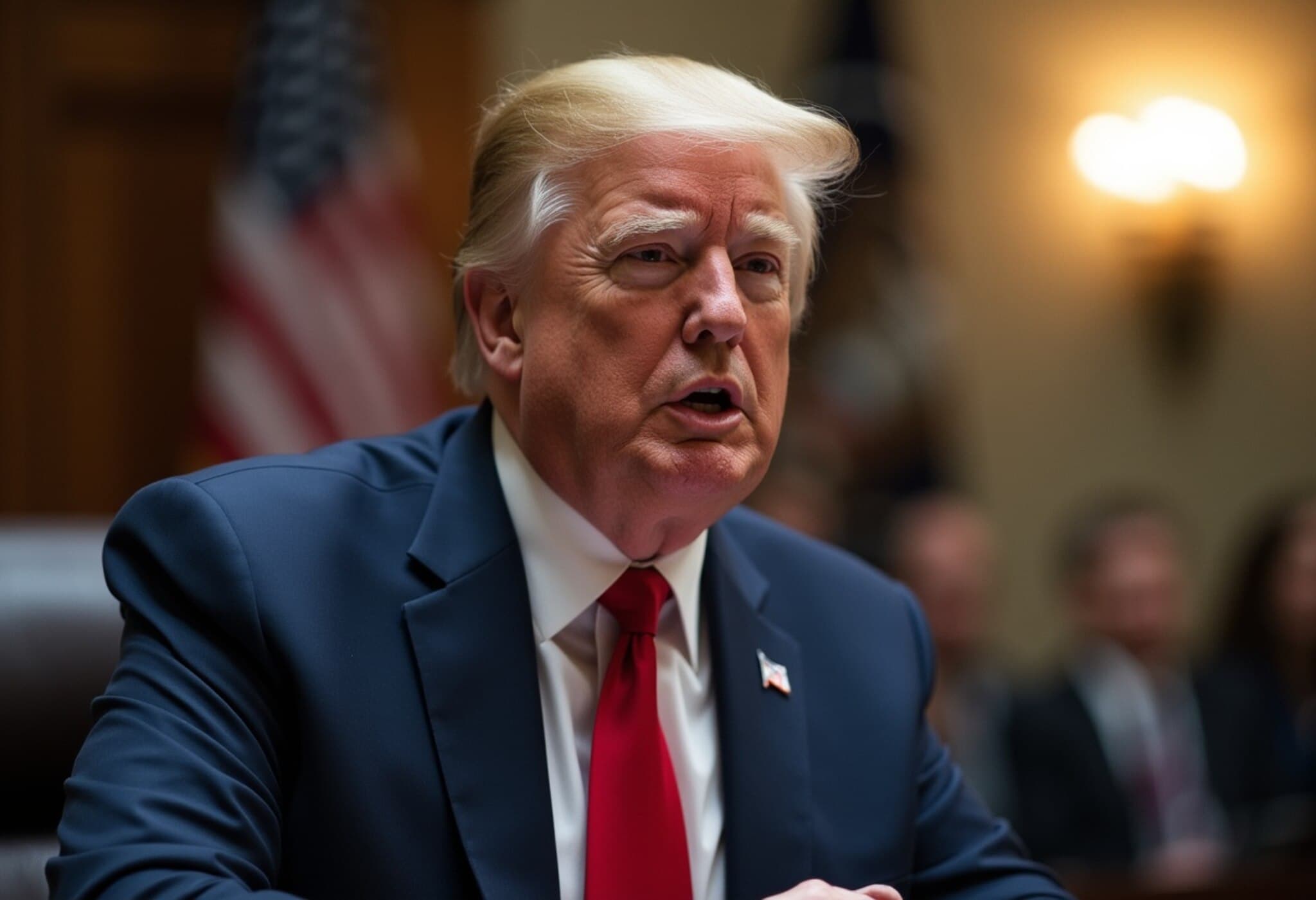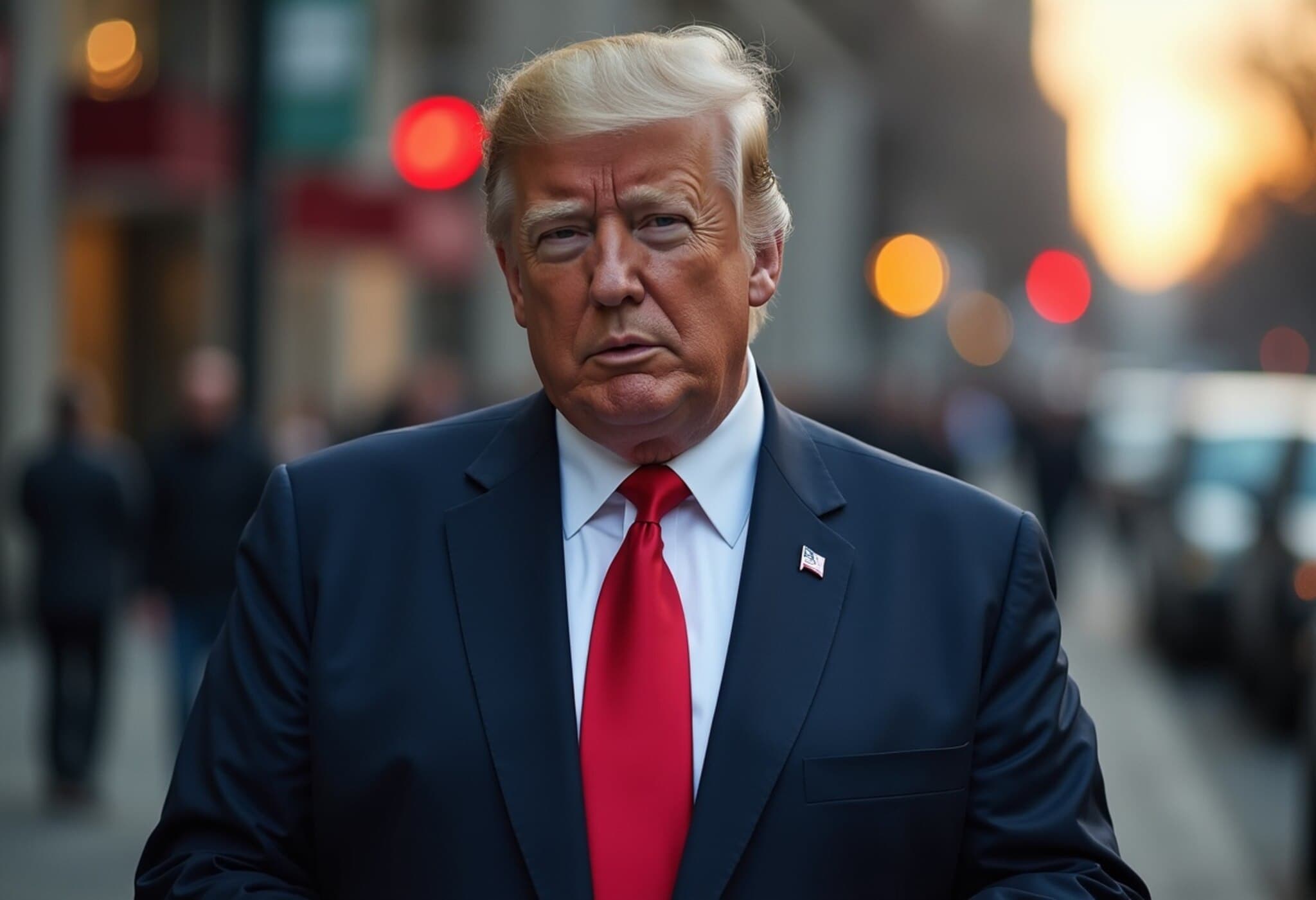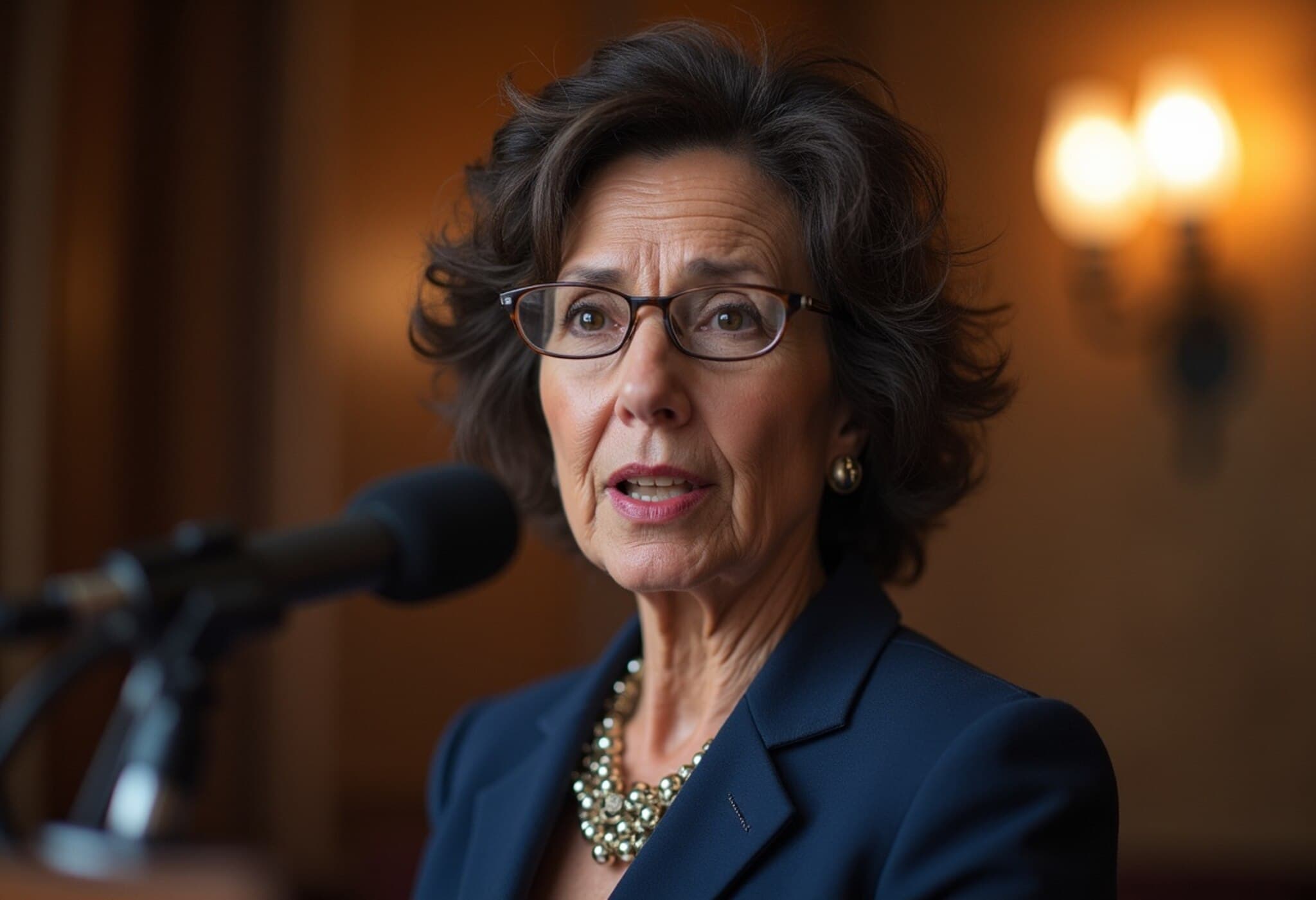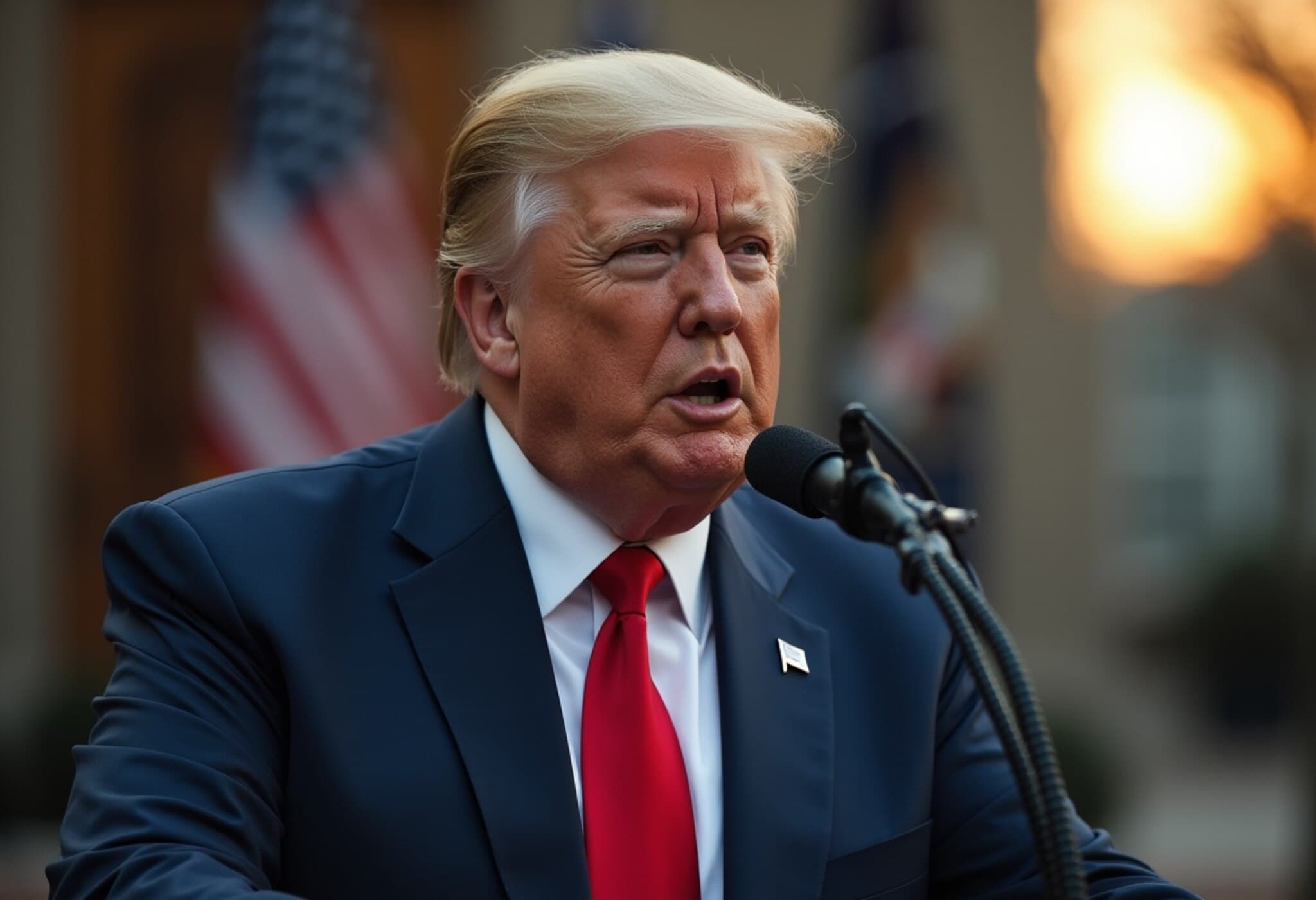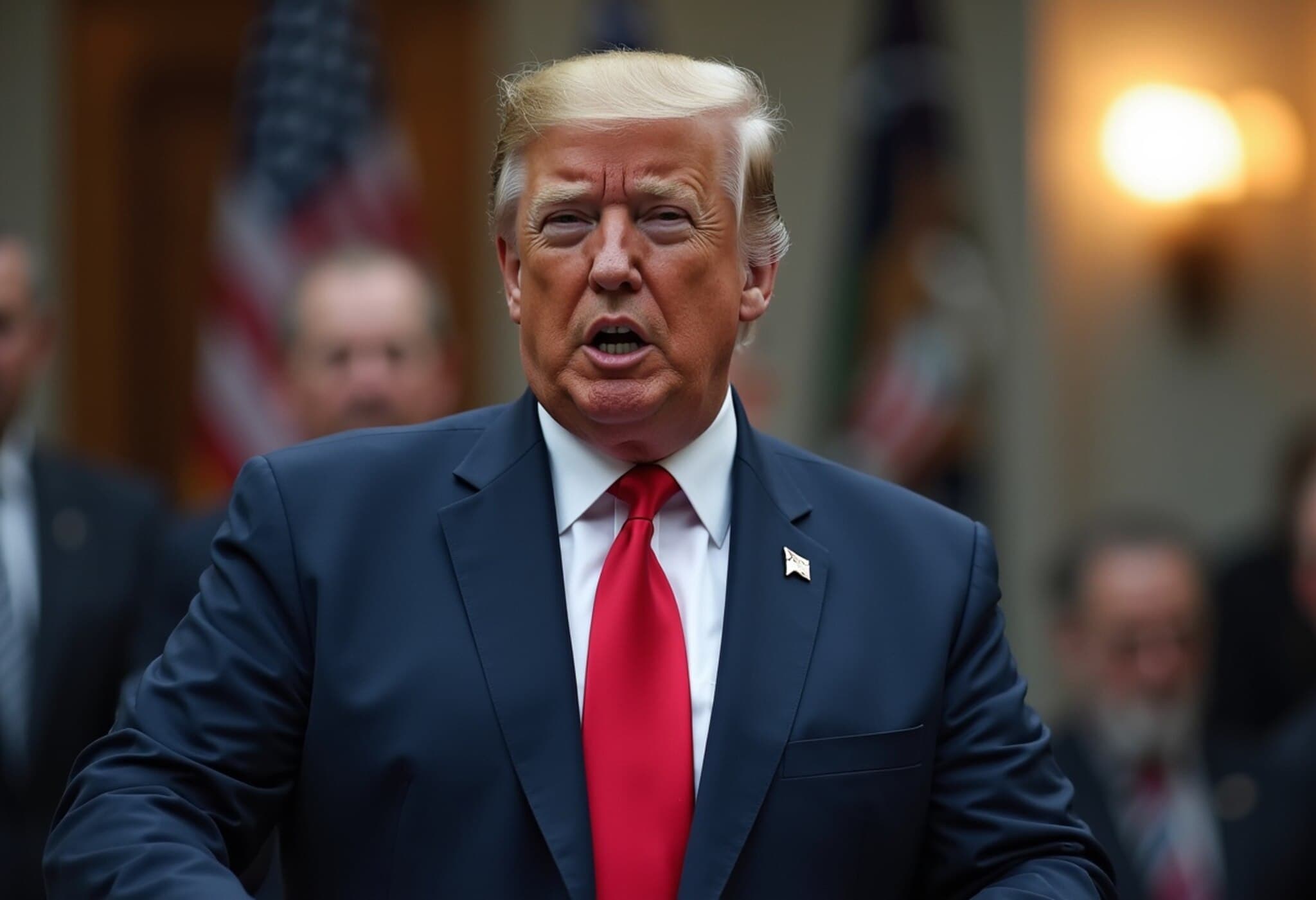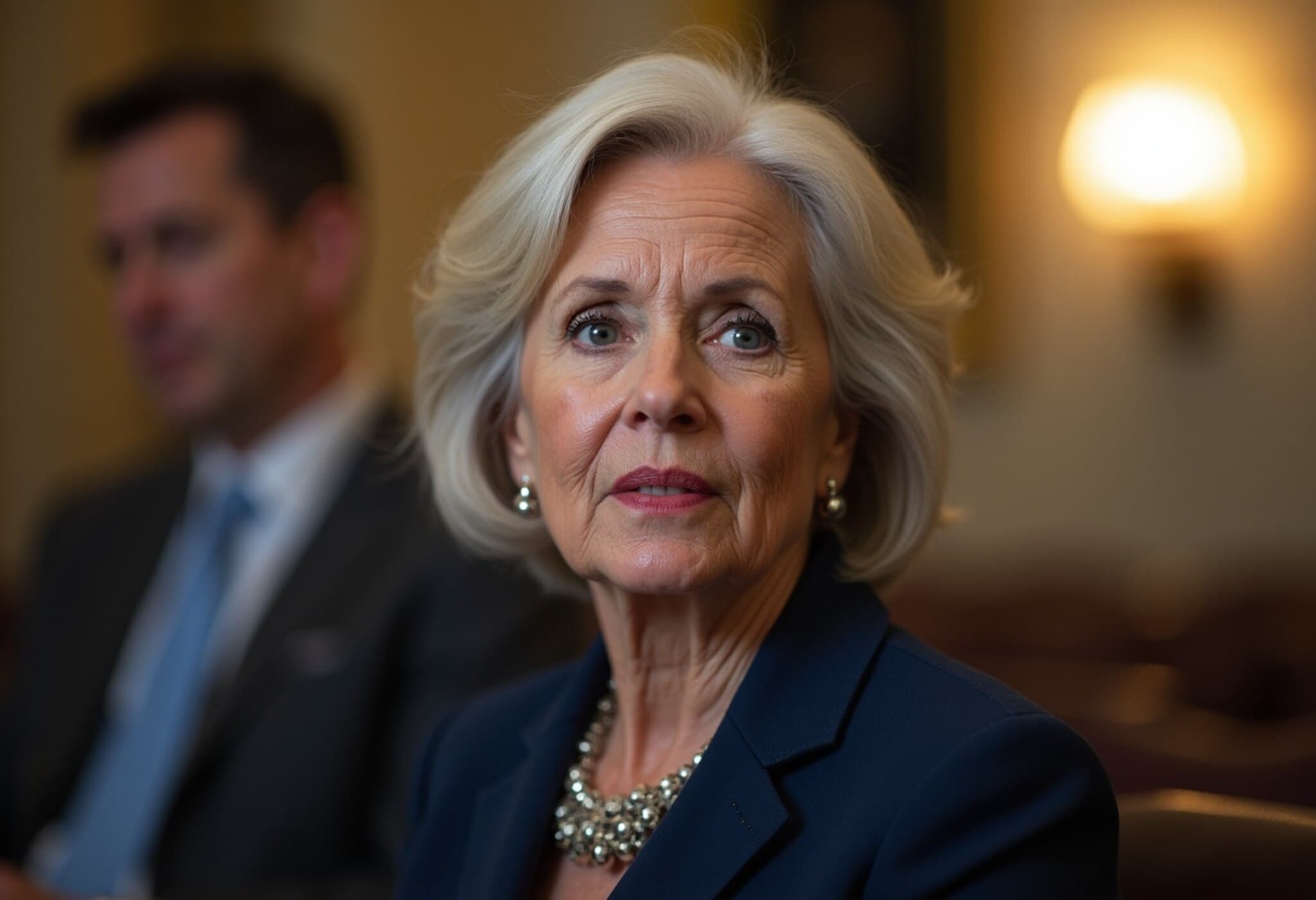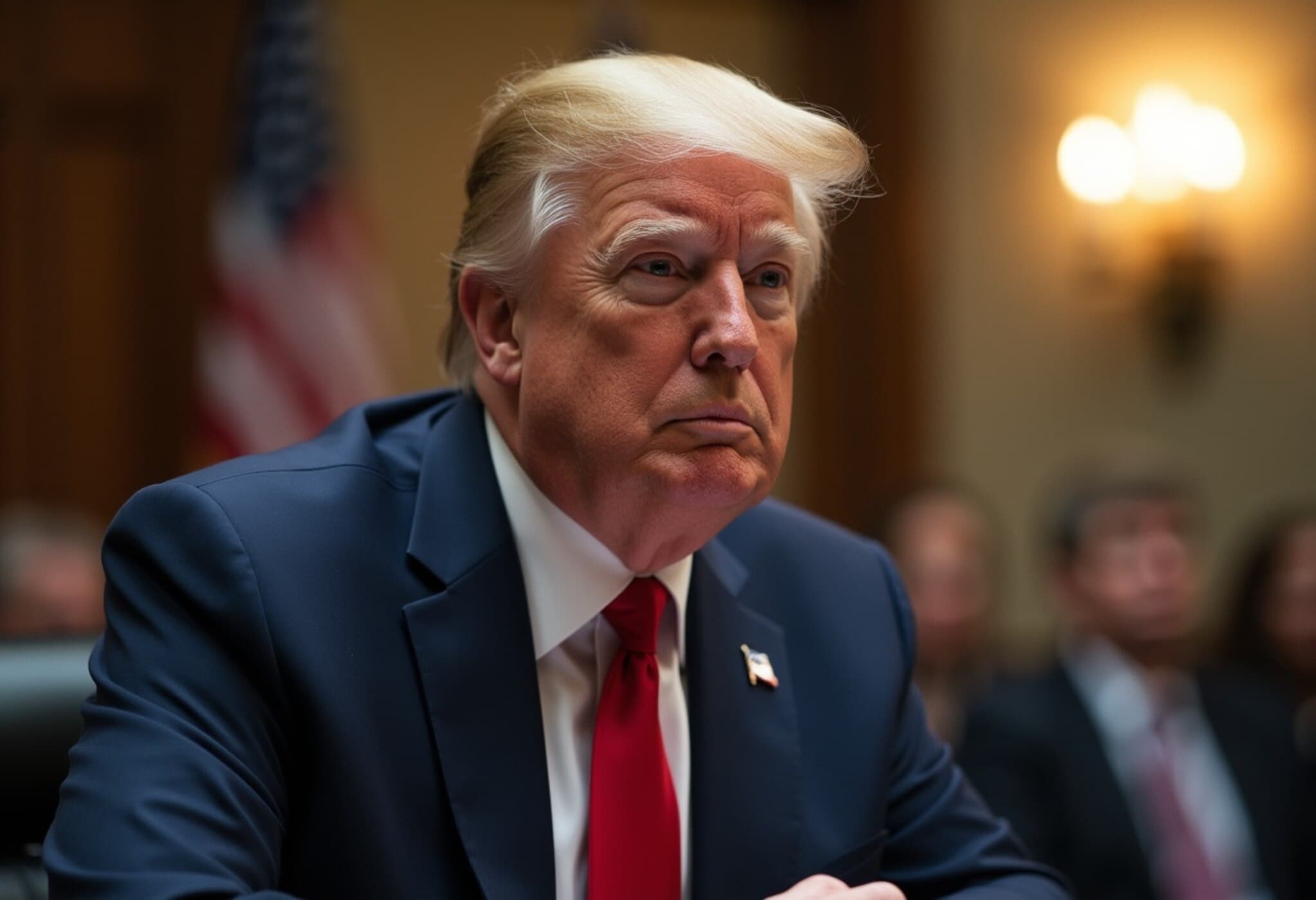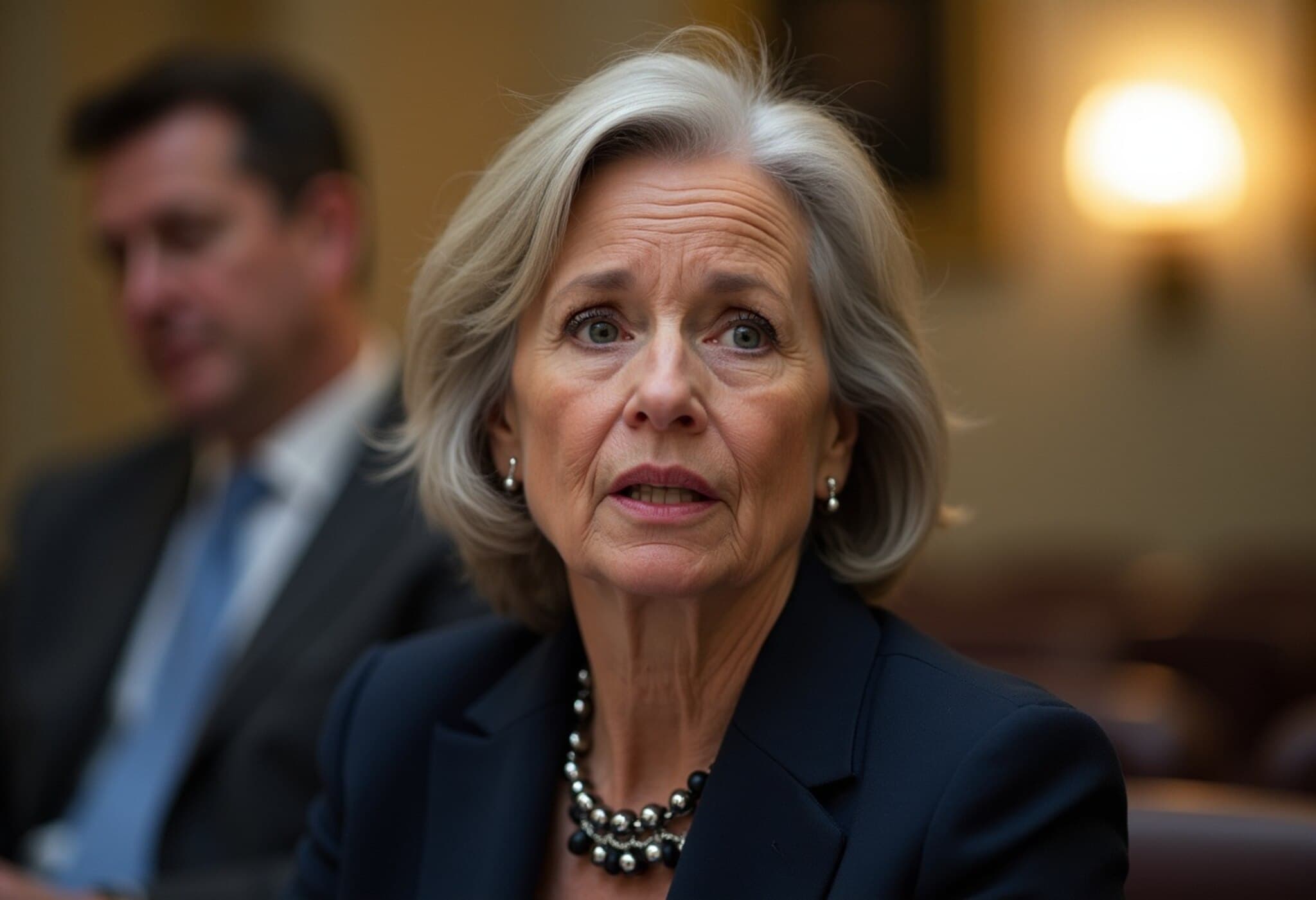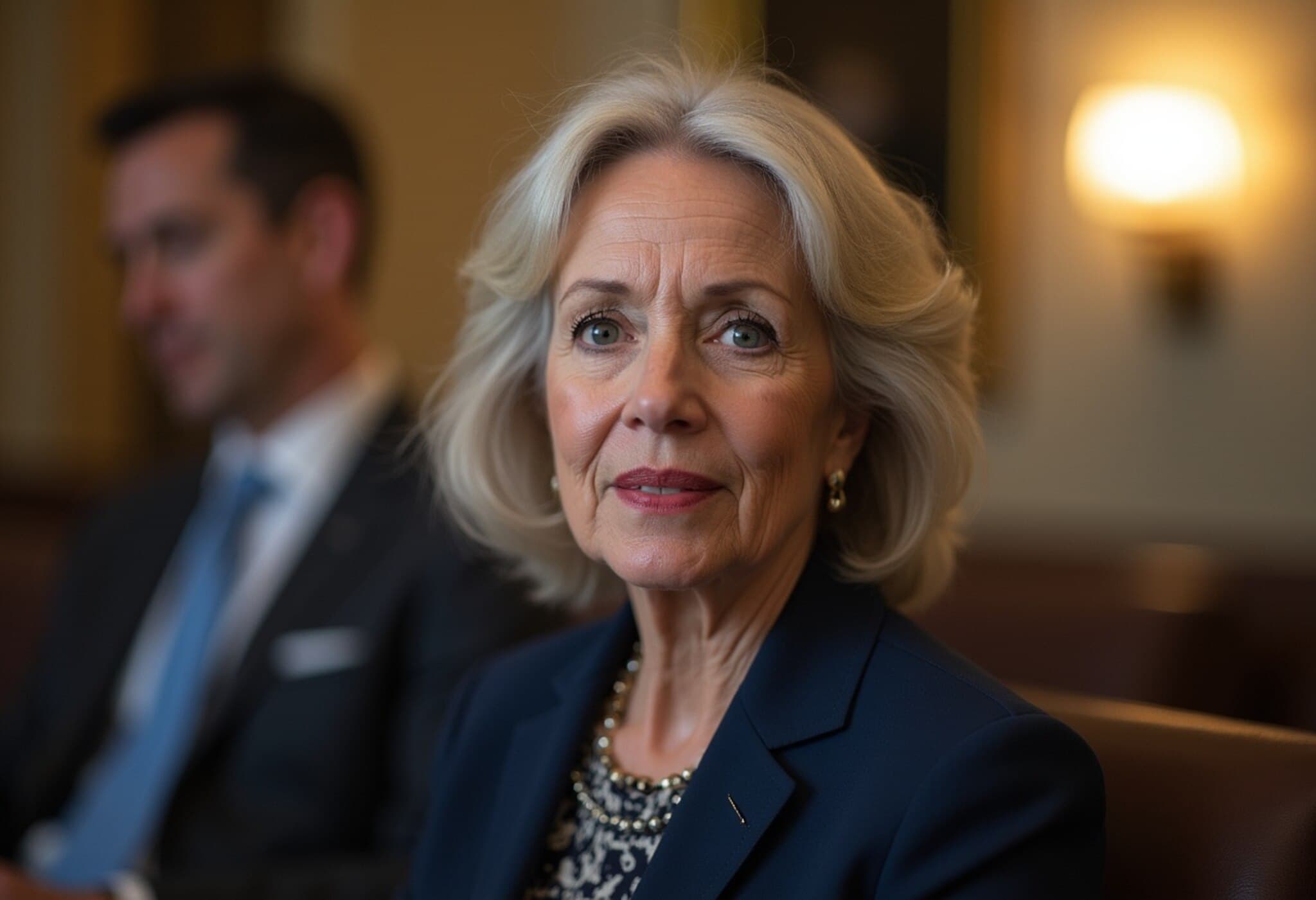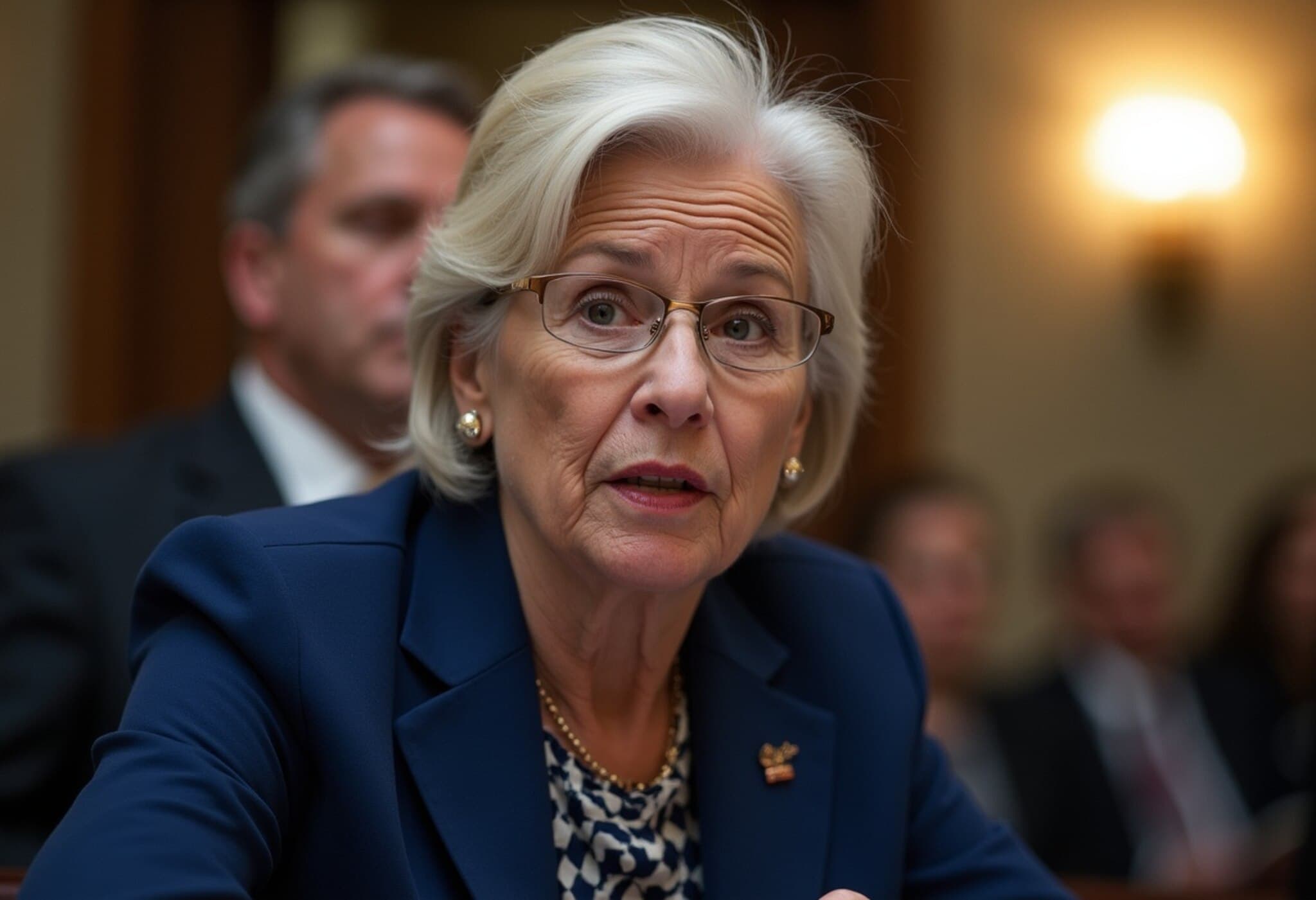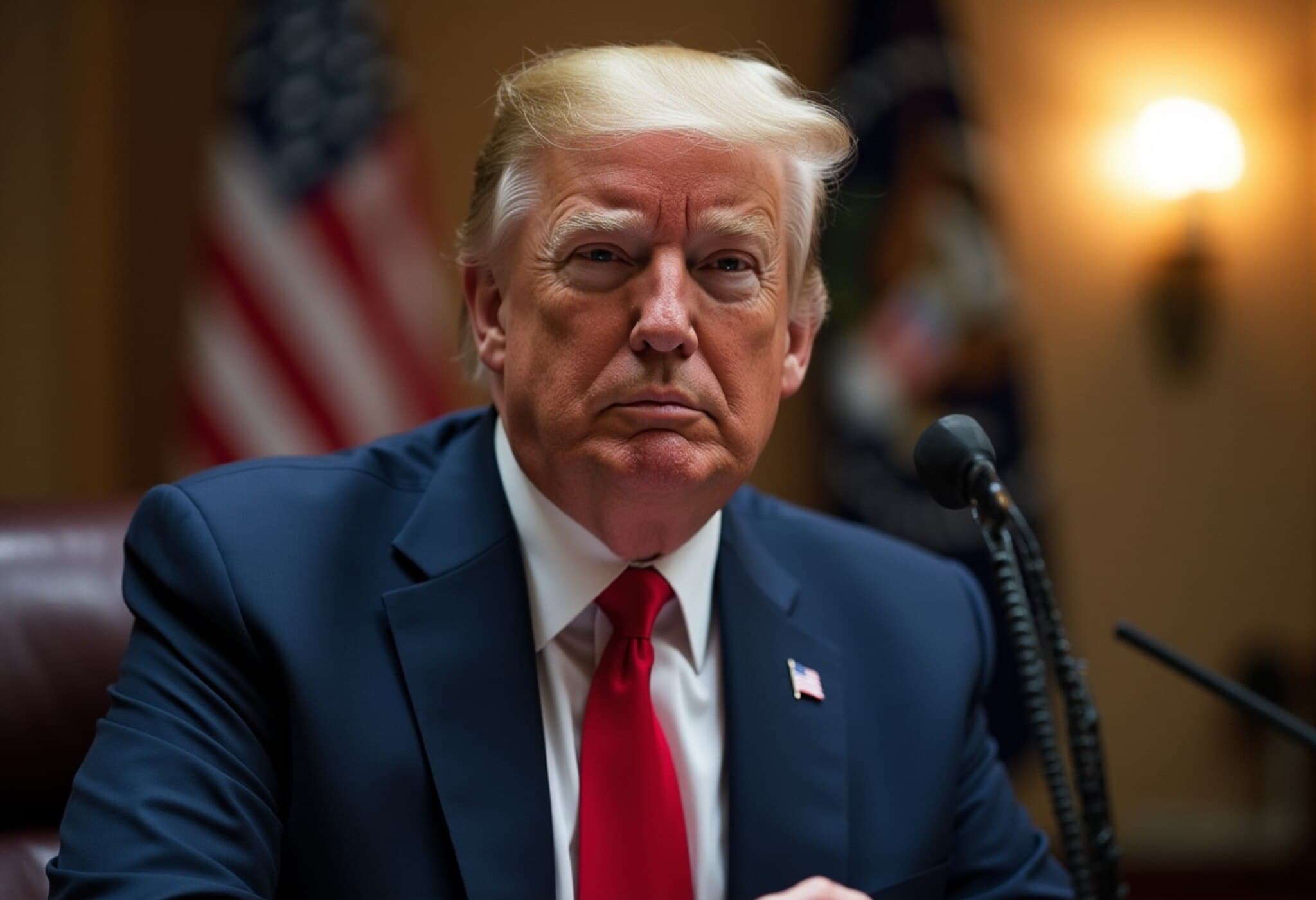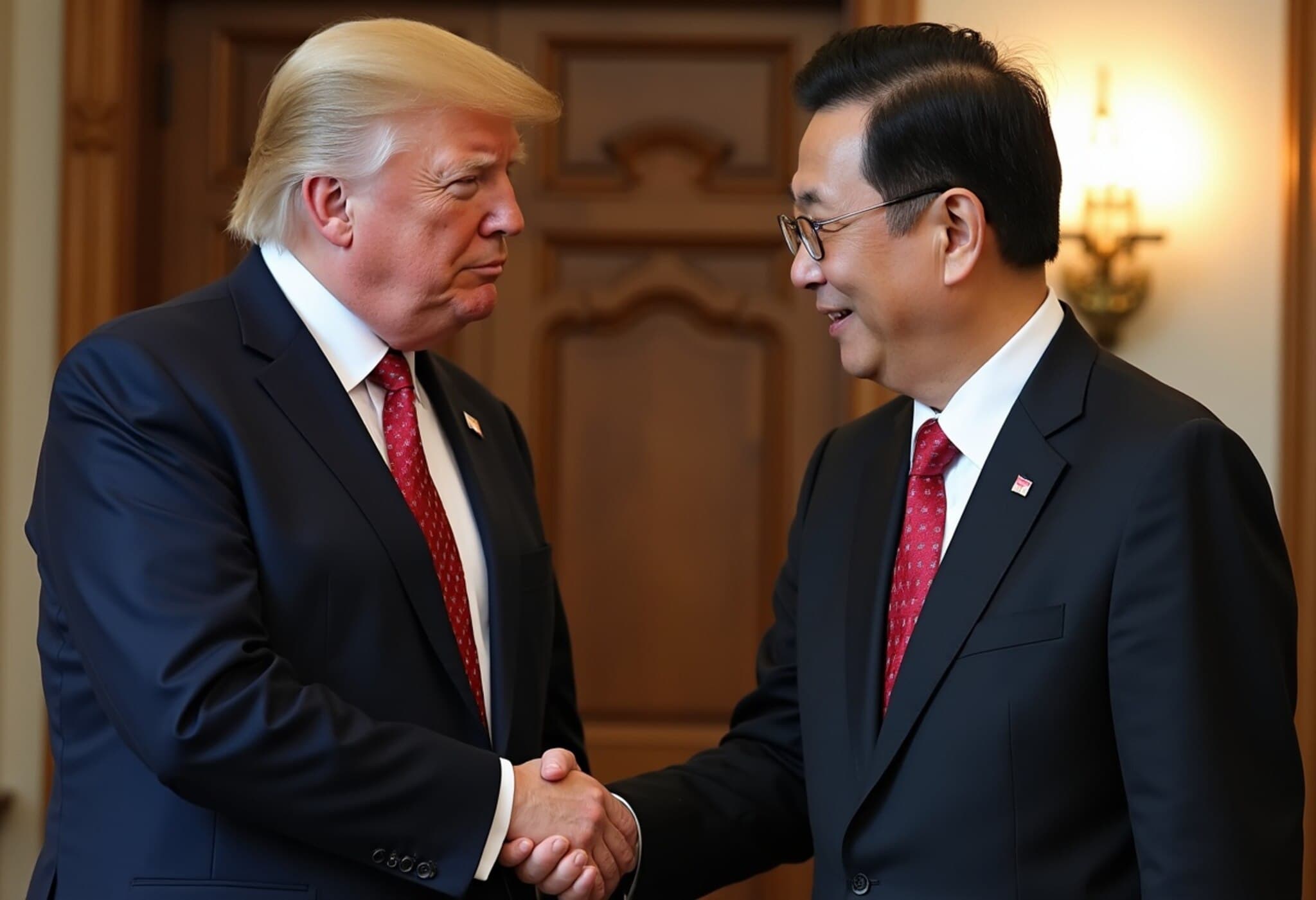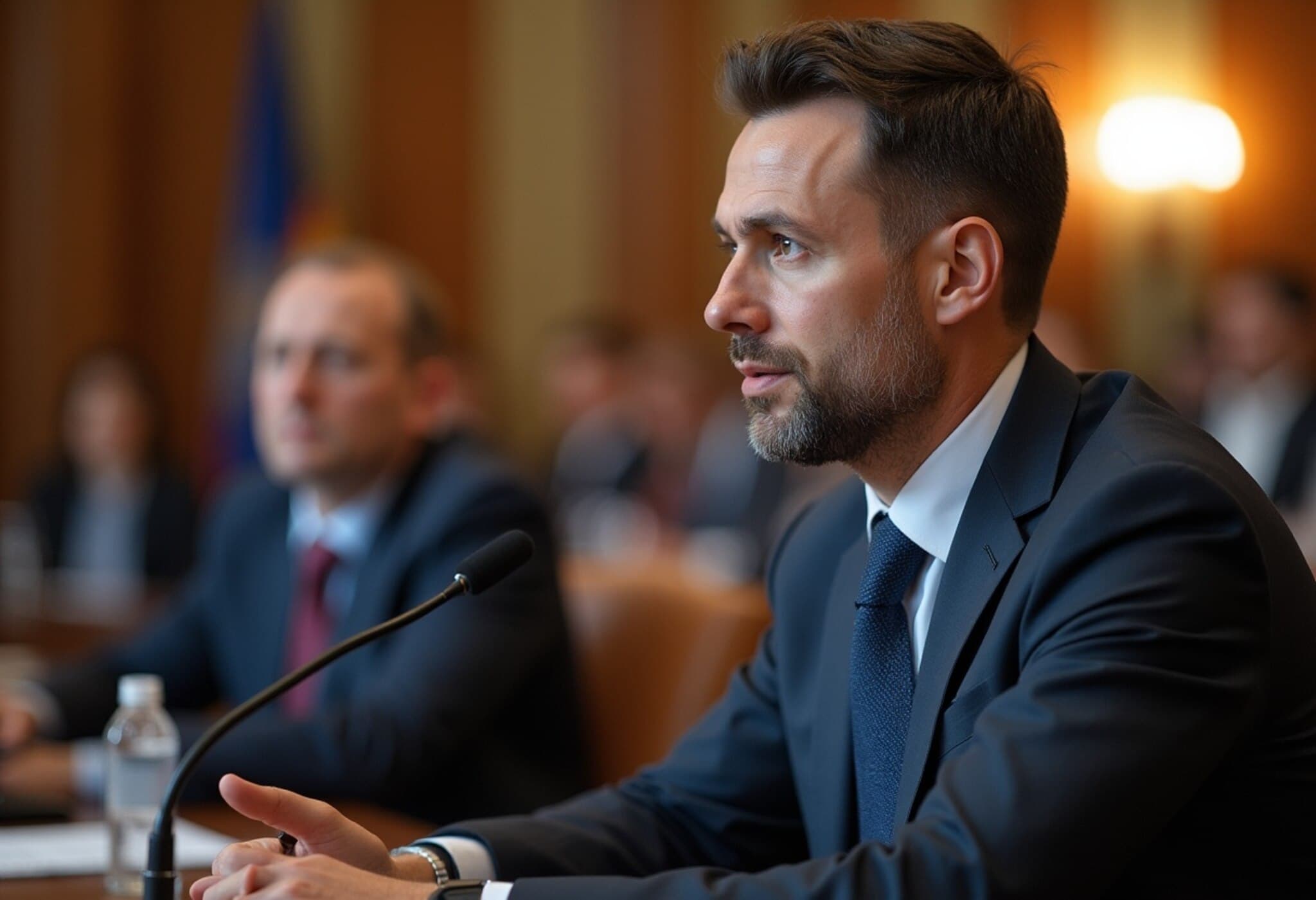Trump’s Move to Oust Fed Governor Lisa Cook Raises Constitutional Debate
President Donald Trump’s recent attempt to remove Federal Reserve Governor Lisa Cook has ignited a heated legal dispute that could redefine presidential authority over the nation’s central banking system. This unprecedented action challenges the long-standing political independence of the Federal Reserve, an institution vital for maintaining economic stability and controlling inflation.
The Controversy Behind the Dismissal
Trump announced the removal of Lisa Cook via a letter on his Truth Social platform, citing allegations of mortgage fraud as the cause. The allegations, brought forward by Bill Pulte—a Trump appointee at the Federal Housing Finance Agency—assert that Cook falsified her primary residence status between Ann Arbor, Michigan, and Atlanta to secure preferential mortgage rates. Mortgage rules typically impose higher interest rates on second homes or investment properties, making such claims legally significant.
Cook has categorically denied these allegations and refused to resign, stating, "President Trump purported to fire me ‘for cause’ when no cause exists under the law, and he has no authority to do so. I will not resign." She has retained prominent Washington attorney Abbe Lowell, who criticized Trump’s actions as lacking "any proper process, basis or legal authority."
The Stakes: Fed Independence on the Line
This dismissal attempt is more than a political scuffle—it strikes at the core of the Federal Reserve’s autonomy. Established to be insulated from political pressures, the Fed’s independence is crucial for executing policies like interest rate adjustments that may be unpopular but necessary to control inflation.
- If the president's authority to remove Fed governors without cause is upheld, it could erode the institution’s independence.
- A politicized Fed may undermine investor confidence, potentially driving up borrowing costs for everyday Americans, including mortgages, car loans, and business credits.
- This could lead to higher inflation and economic volatility, with ripple effects across the U.S. economy.
Questions of Presidential Authority and Constitutional Law
Legal experts remain divided on the extent of presidential power in this case. Lev Menand, a Columbia University law professor and Fed scholar, calls the firing “illegal,” but acknowledges that the Supreme Court this year has been more amenable to expanding executive removal powers in similar agency disputes.
Menand emphasizes, "The Constitution’s meaning is not static; the Supreme Court can create new constitutional precedents in this unique case." The unfolding legal battle is poised to set an important precedent regarding the separation of powers and agency independence during politically charged times.
Next Steps: Courtroom Battles Loom
Lisa Cook is expected to seek a court injunction that would halt her removal and let her remain in her role as Governor. Meanwhile, the Federal Reserve itself faces a delicate balancing act, obligated to uphold the law while maintaining operational stability amid political turmoil.
Menand notes, "The Fed must independently assess the legality of any removal order and cannot simply follow presidential directives if they conflict with statutory protections." This places the institution in an unprecedented legal and ethical dilemma.
A Pioneering Figure Under Siege
Lisa Cook holds the distinction of being the first Black woman on the Federal Reserve Board of Governors. With impressive academic credentials including a Marshall Scholarship, degrees from Oxford University and Spelman College, and teaching experience at Harvard’s Kennedy School and Michigan State University, Cook symbolizes both progress and expertise within the Federal Reserve’s ranks.
Her dismissal could carry significant symbolic and practical consequences for diversity and independence in federal institutions.
Editor’s Note
This unfolding confrontation over Fed governance is about more than a single individual—it probes deep constitutional questions about executive power limits and the safeguarding of economic stability through institutional independence. For American citizens, the stakes are tangible: how this plays out could directly influence mortgage rates, inflation control, and the broader trajectory of U.S. economic health.
As the courts prepare to weigh in, this case also underscores a broader trend of political interference with federal agencies, raising urgent questions about the resilience of democratic institutions in the face of partisan conflict.
Will the Supreme Court reaffirm the Federal Reserve’s shield from political retaliation, or will it recalibrate presidential authority in ways that reshape U.S. governance? The answer will likely reverberate far beyond Wall Street.

